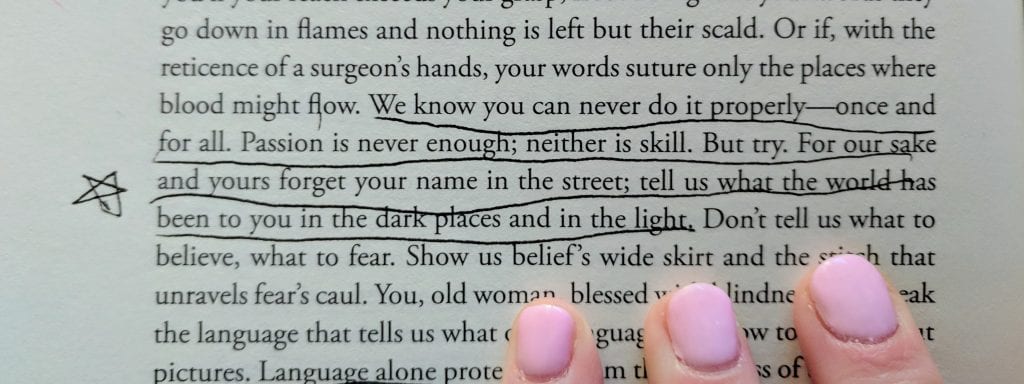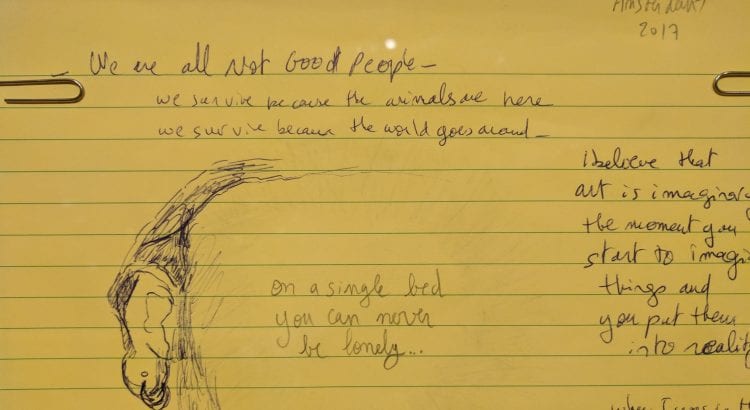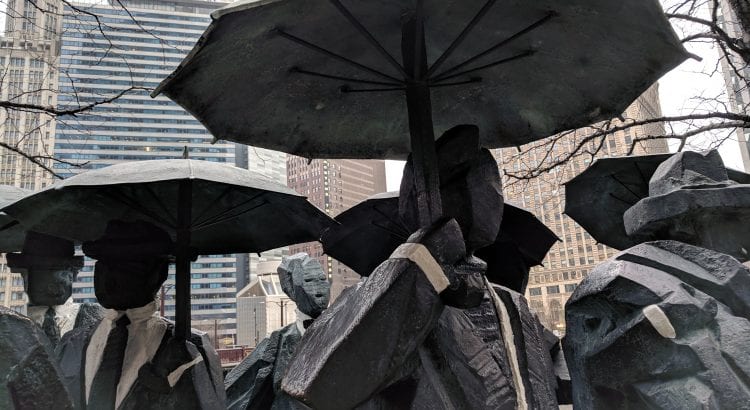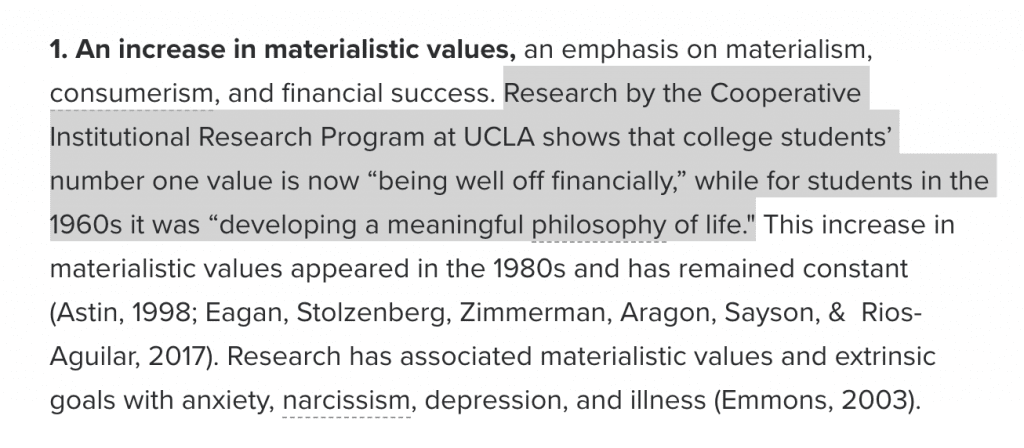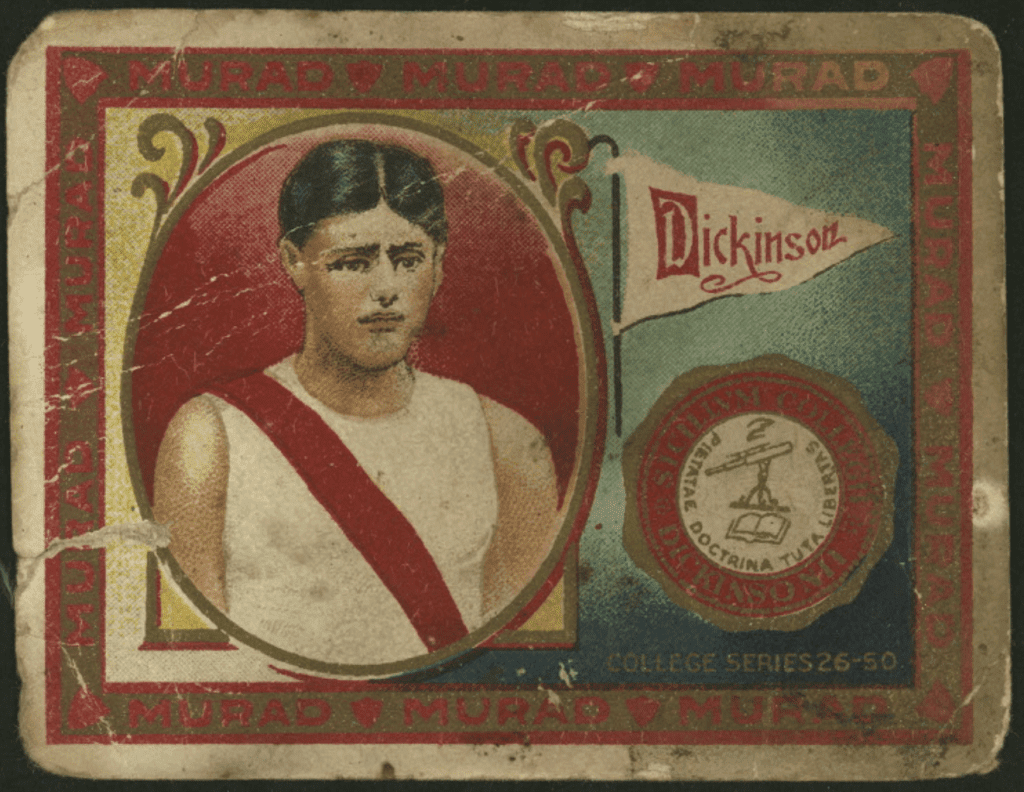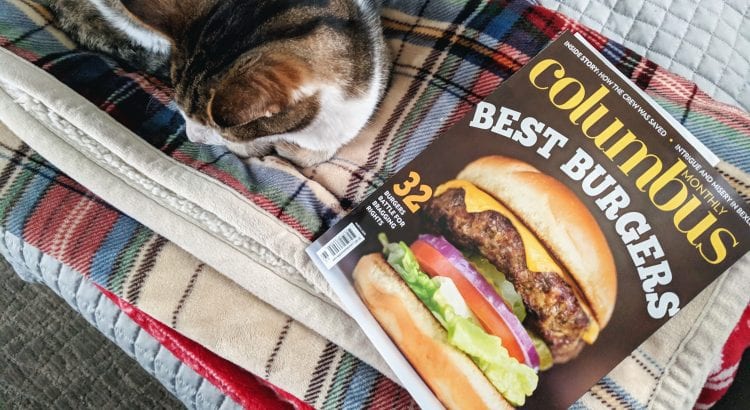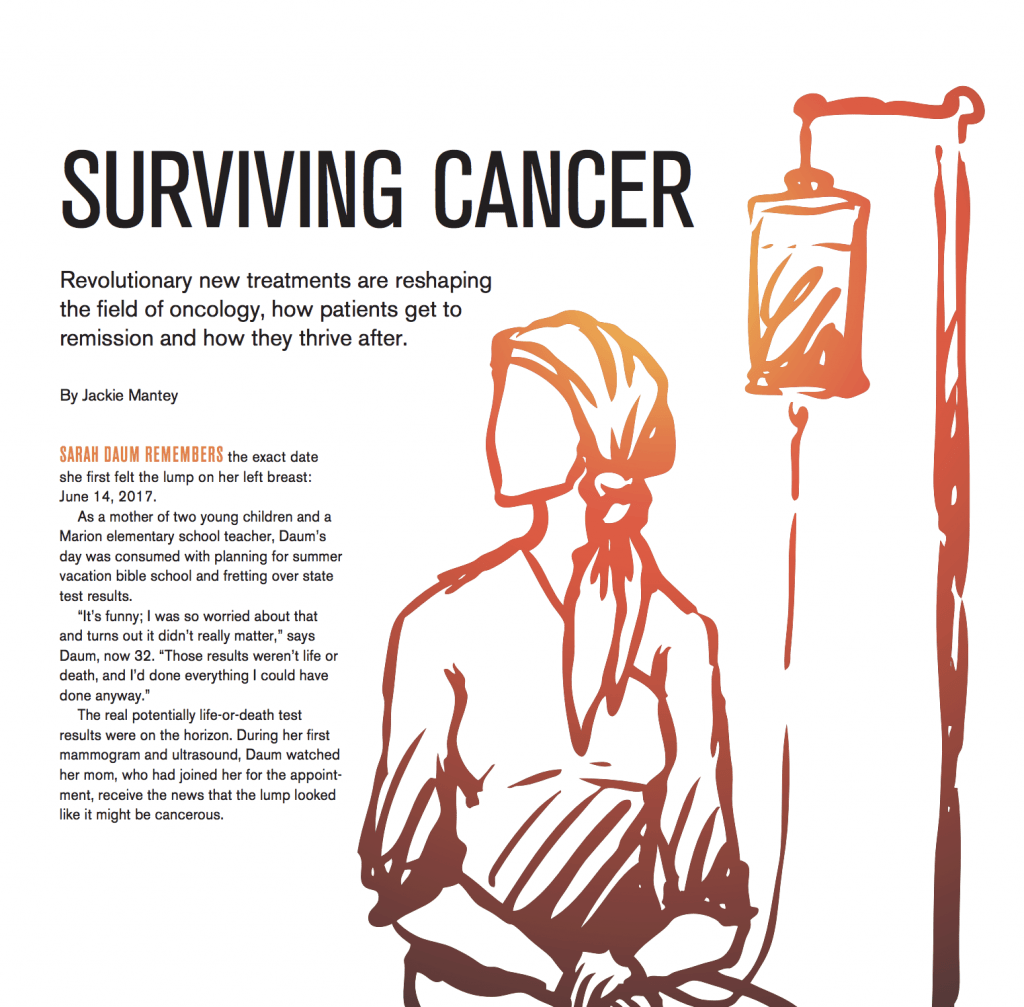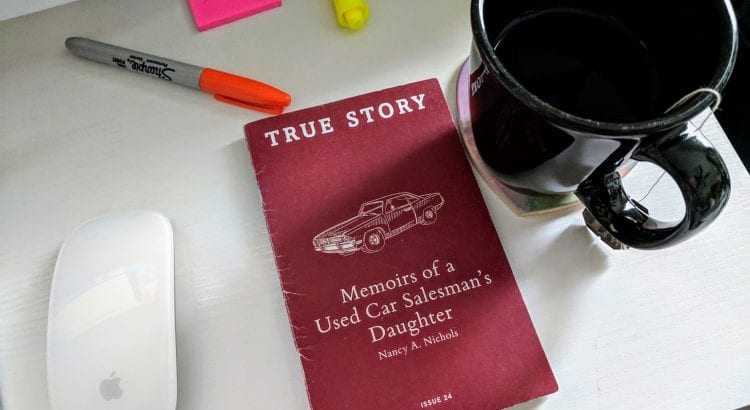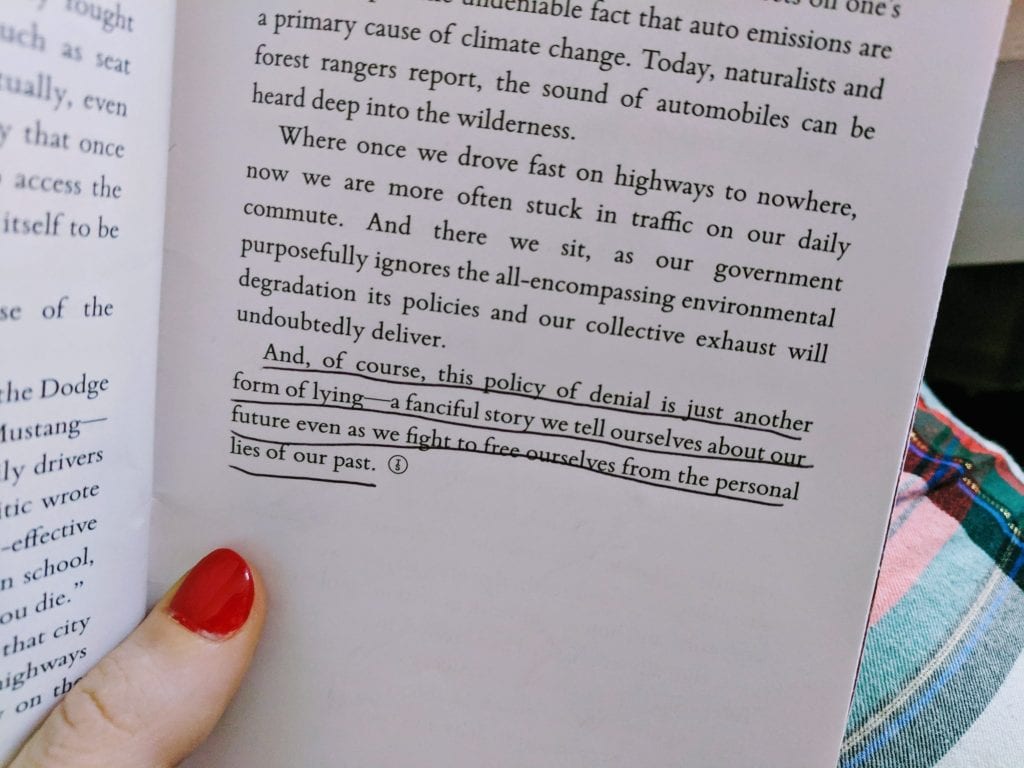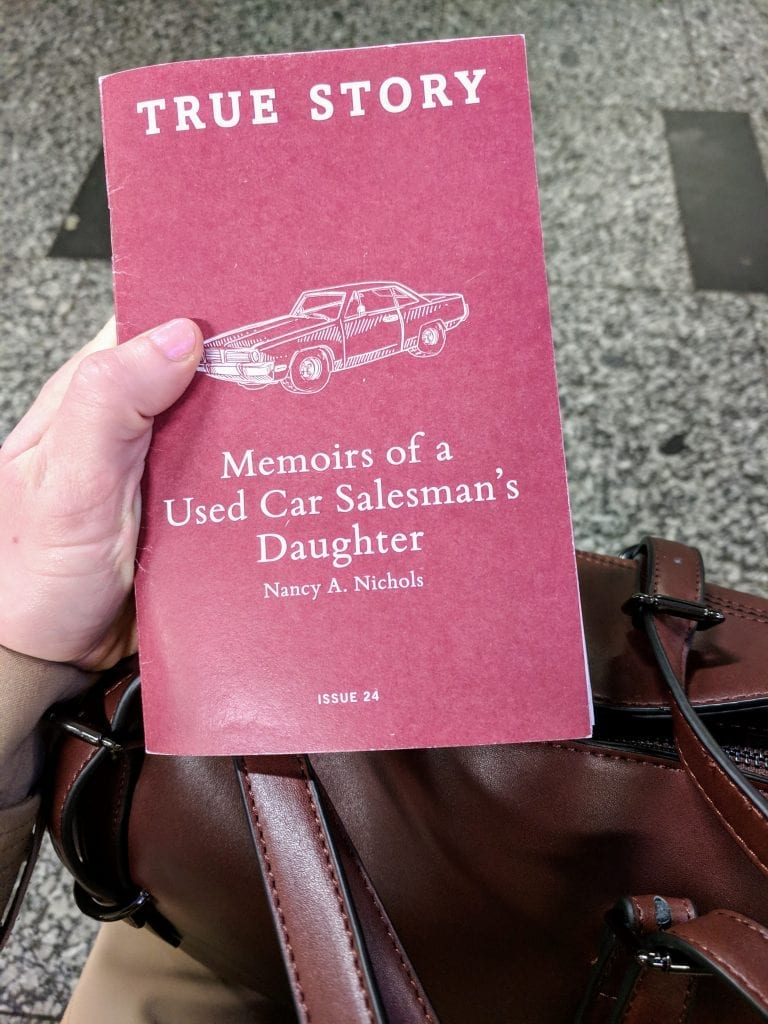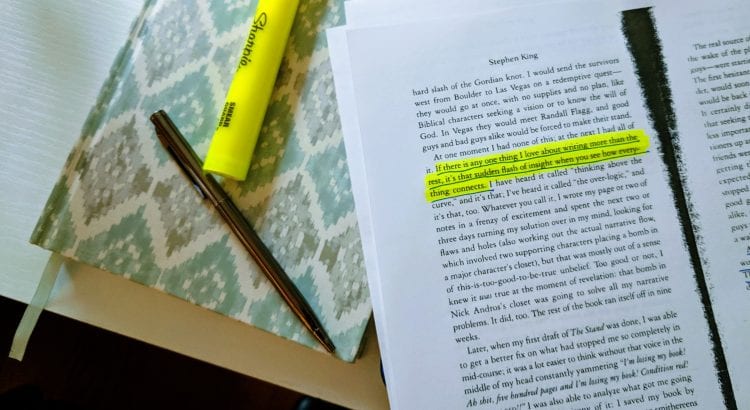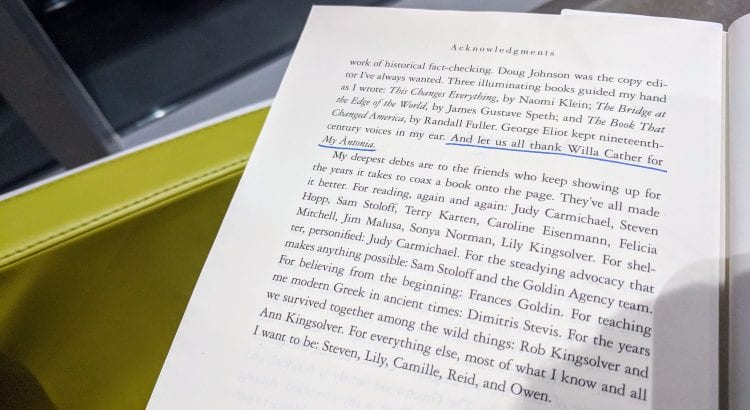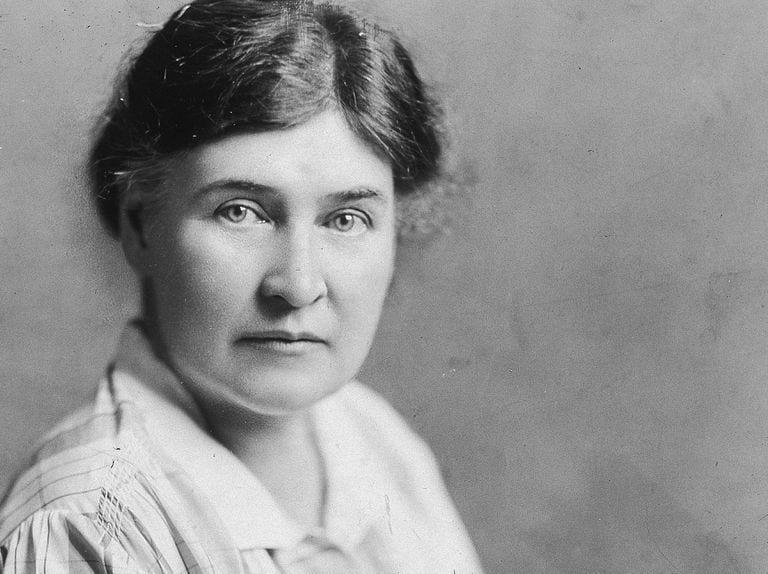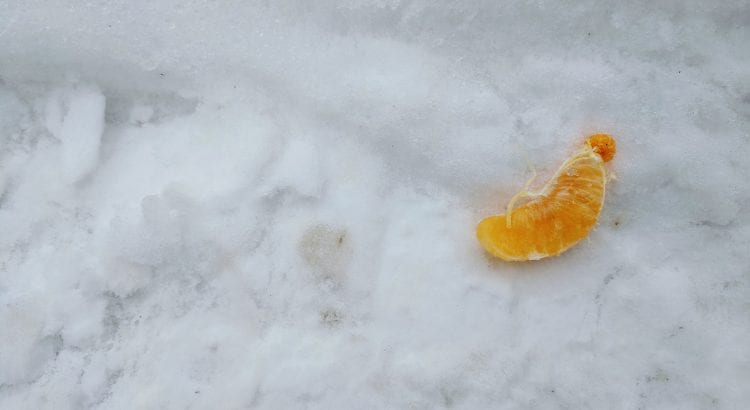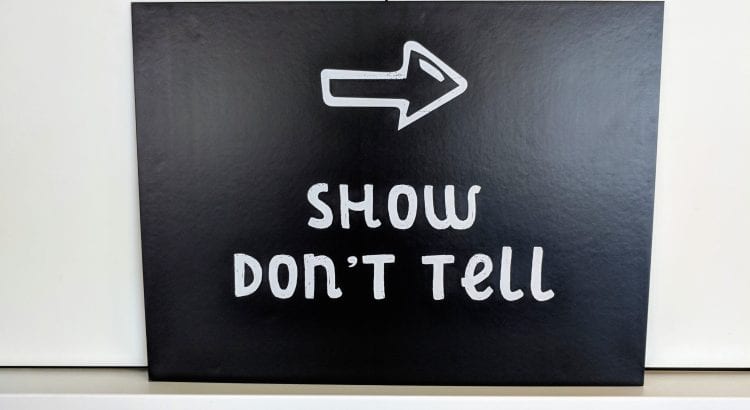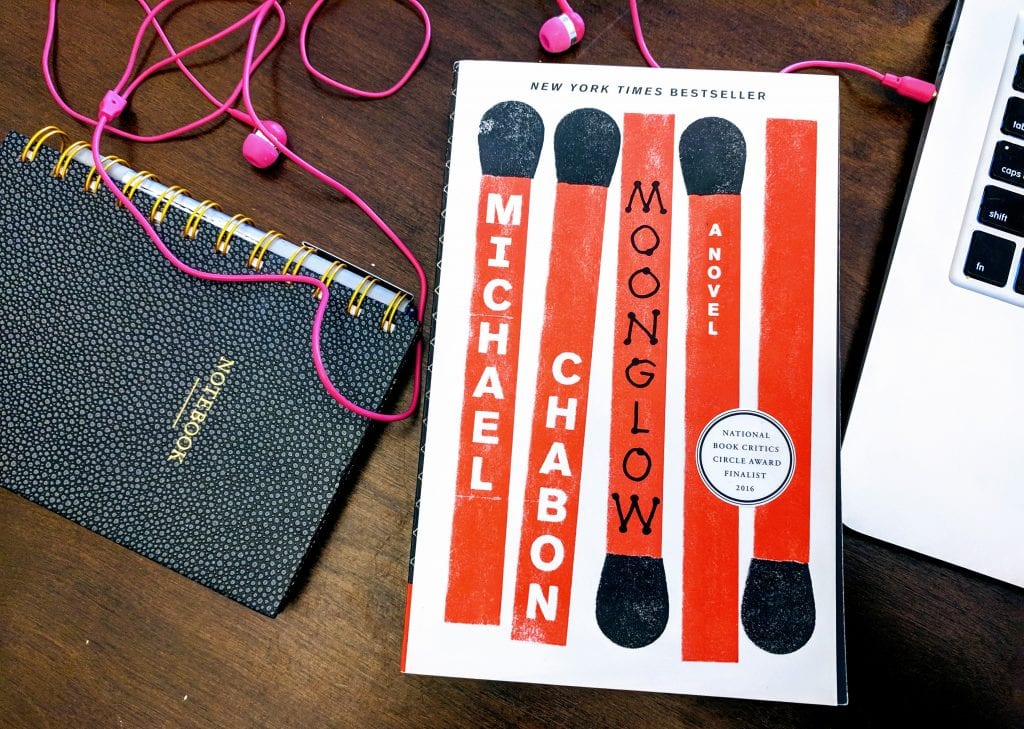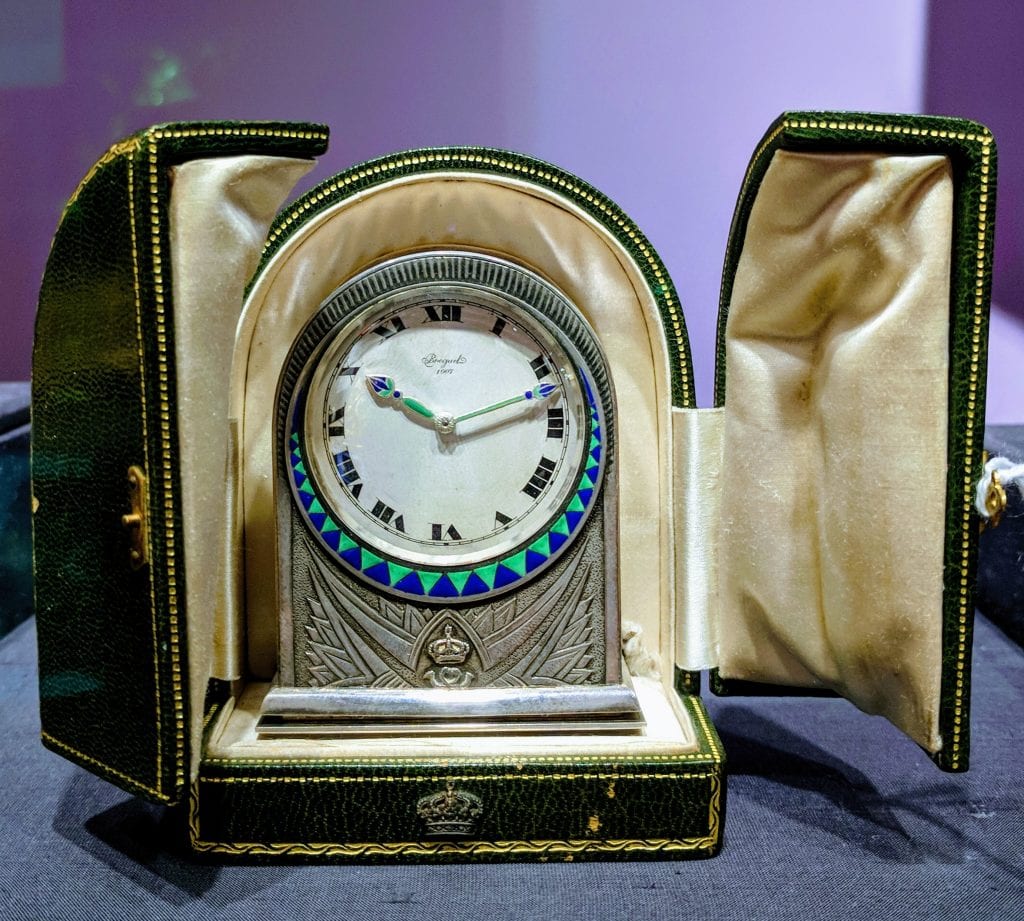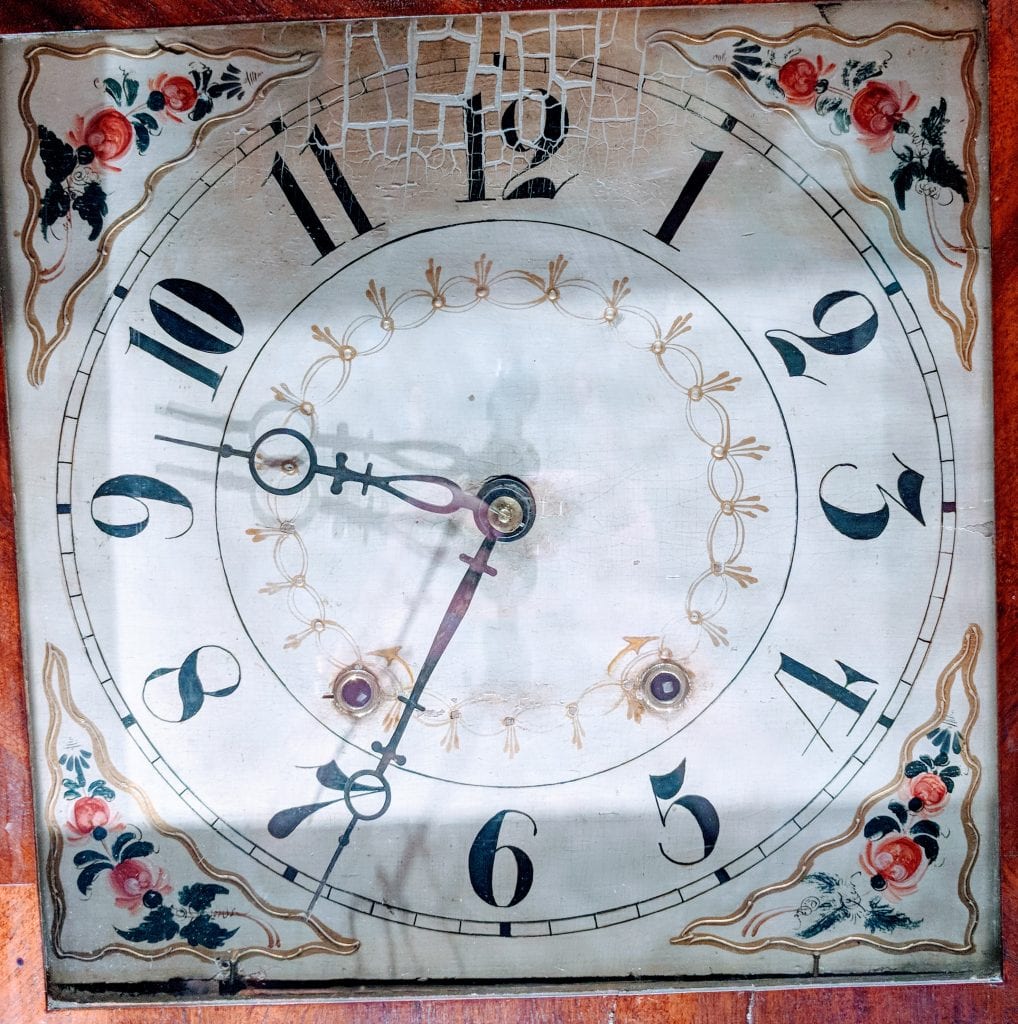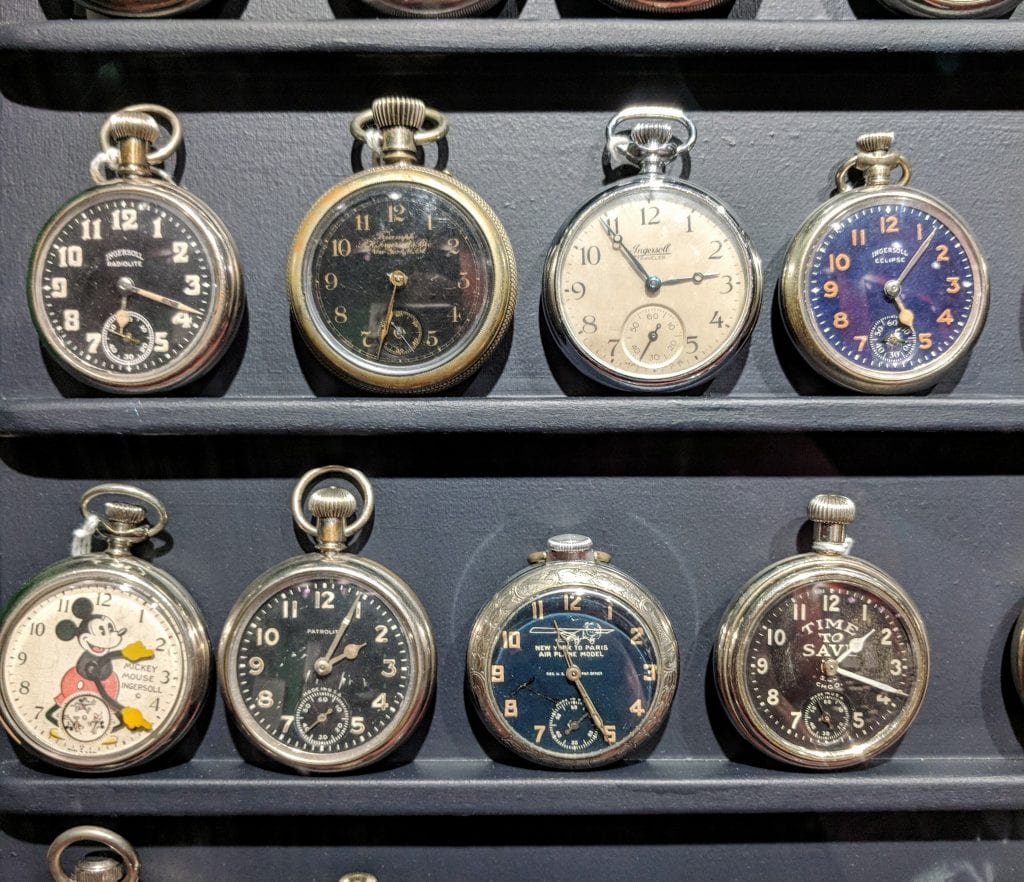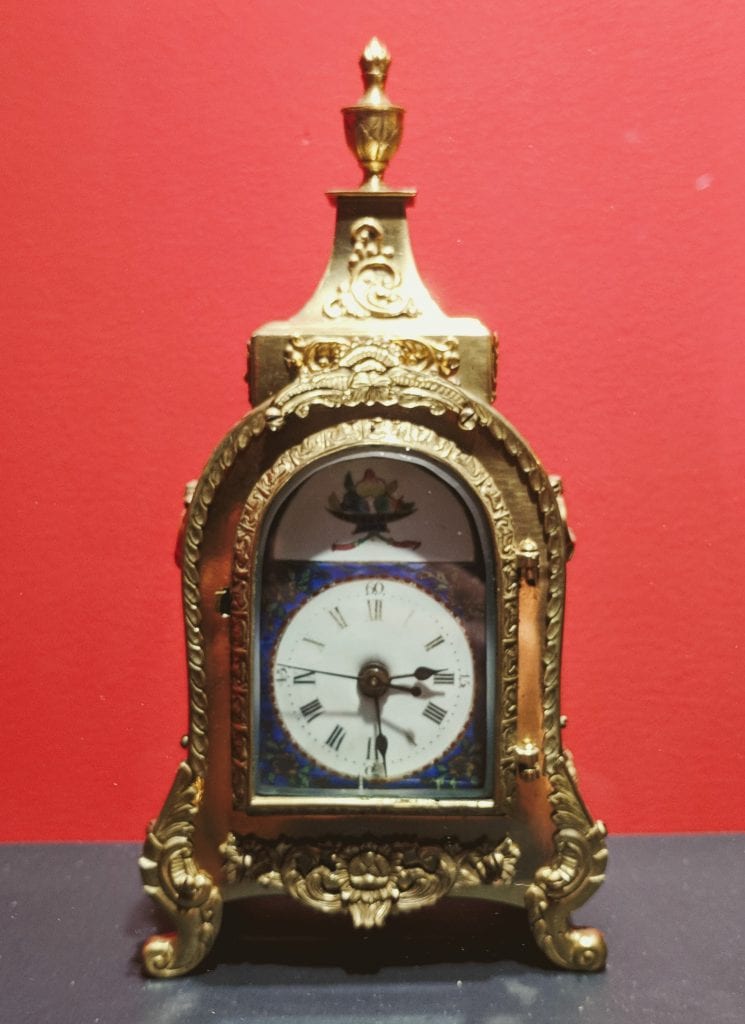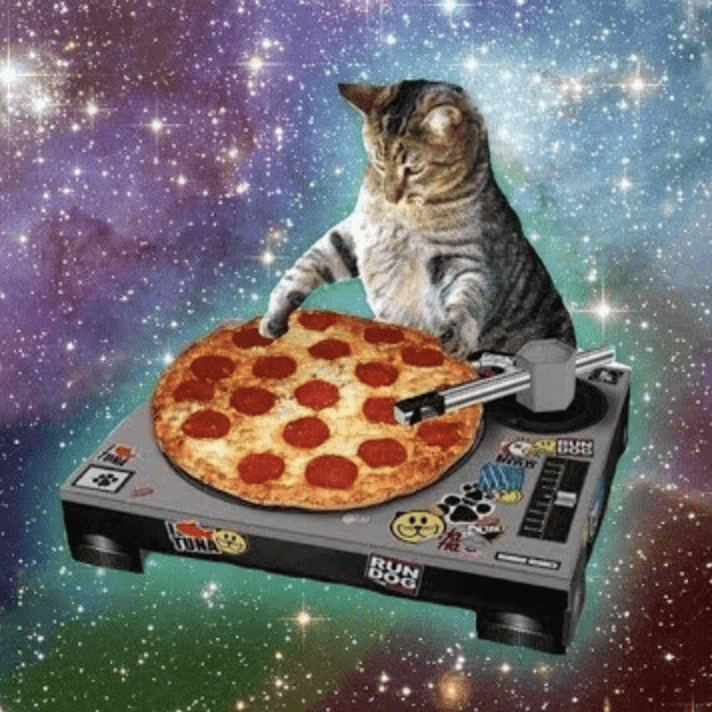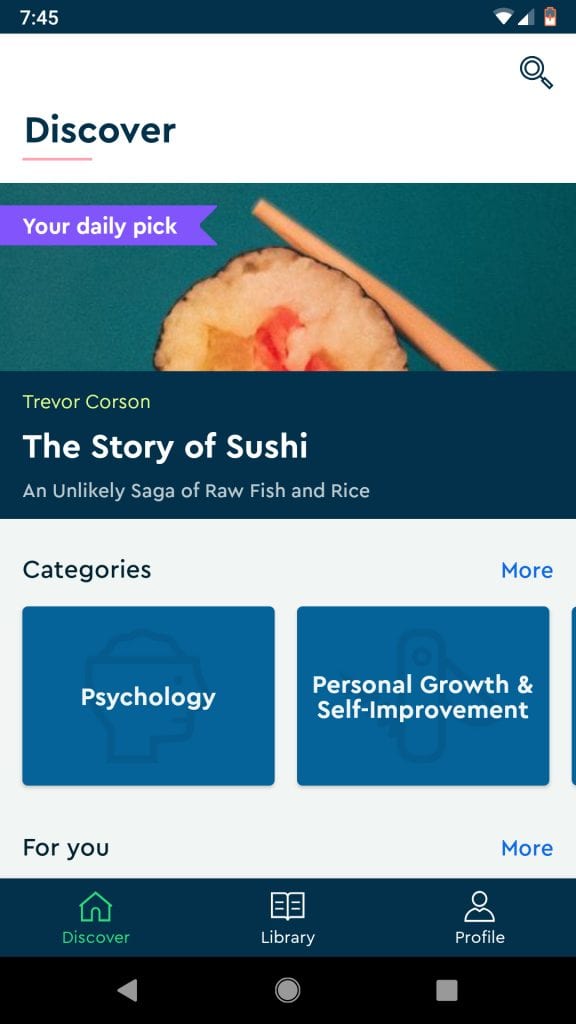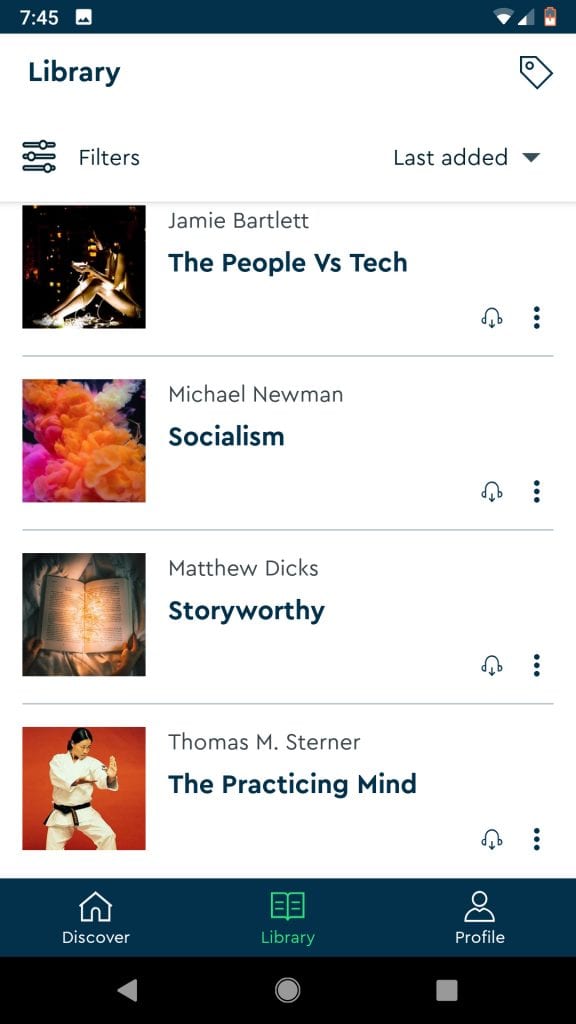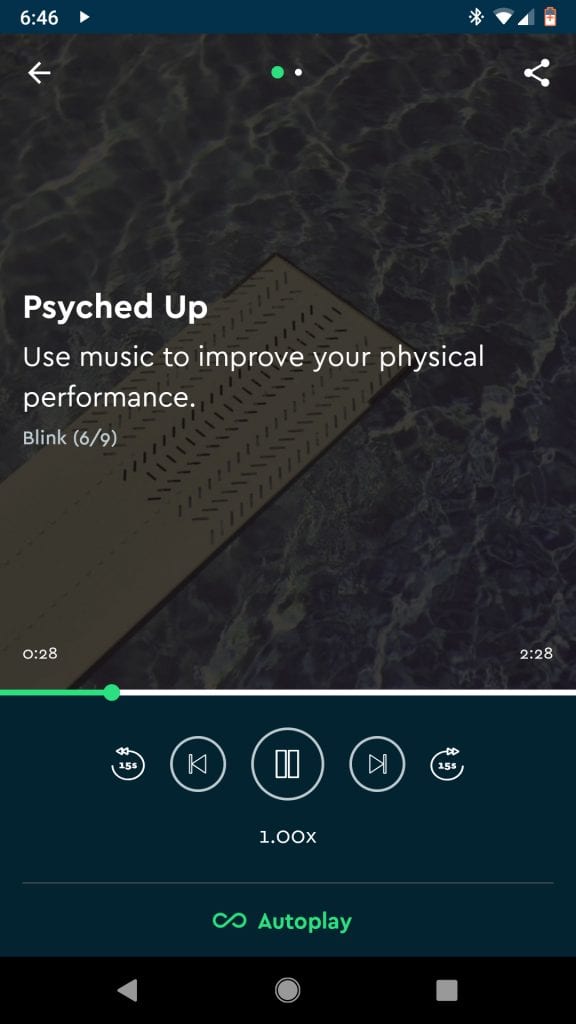The powerline danced in the corner of my eye. Usually I wouldn’t
notice this movement, it being one of millions happening outside my double
kitchen windows every day. Above the dusty windowsill, beneath our hastily hung
curtains, another world thrived every day just five feet away and I always miss
it. The world outside, a mere backdrop for breakfast, for the daydreams in my
head.
But on this morning, movement from something other than me
seemed like a luxury. I hadn’t seen anything outside except the constant fall
of soft snow for days. The polar vortex had been keeping everyone inside. The city
had basically shut down. And behind our own windows, we waited. Huddled masses
yearning to be free—free from the drip… drip… drip… of water from our pipes. Grateful
those drips were our only problem on nights of record-breaking cold.
Now, it was 20 degrees warmer than it was less than 20 hours
ago. Everyone and everything, it seemed, was celebrating. Stretching legs out
from fetal positions. Popping toes warming up again on cold hardwood floor. Subtracting
layers down from a hefty four to a daring two. Myself up hours earlier than
usual, witness to this bouncing powerline.
I moved to the window to see what was making it shake. One
by one, I watched three culprits leap from the tightrope—performers fearlessly
ignoring the three-story-drop of certain death—to the oak tree that towers over
the house behind our apartment building.
Squirrels. Looking hungry and ready to camouflage in a pile
of wet leaves, were in a full steam chase up and down the branches. Undisturbed
by the melting ice, ignoring it well, like I was doing now to my preventatively
leaking faucet.
One squirrel scurried and another followed. A third, the
smallest, managed with effort to keep up. It was like they were playing a game
of tag. Just for fun. Squirrel tag. Animalistic antidote to cabin fever. Winner
getting the belle of the walnut ball.
Leave it to me, sentimental and cooped up human that I was
right then, to anthropomorphize my new bushy-tailed bffs. They, I decided with
such certainty, were having fun! Expending pent up energy spent crammed inside
a tree hole for the past two days, Squirrel #1’s beefy ham hock thigh shoved up
against the shivering chubby cheeks of Squirrel #2. Squirrel #3 somewhere in
between, mangy ears tucked in the furry arm pit of a brother.
That’s what I imagined them to be. Siblings. I guess they
just had that kind of energy. Brothers and/or sisters in arms who had just
survived one of the coldest nights on record. As they raced around the
tentacles of our oak tree, all nature and instinctual balance, one thought
raced through my mind: How the hell did you guys make it?
The tree, that masochist rejoicing in the claws puncturing its
alligator bark, lifted face to sun and said, “This is the moment we’ve been
waiting for.” The three squirrels paused. I feared for a second maybe they had
seen me move behind the window, saw my pale ungloved hand reach to the glass as
if to touch them. I just wanted to say hi. To join them, to join the tree, to shed
off something of survival and say, “Yes, yes, I am here too.” But instead, determined
as I watched their heaving chests and give-a-fuck-all of me, they were just taking
a breather. I could almost feel their tiny heartbeats racing, beating out of
their hard chests, through my fingertips on the glass.
This lasted only a few seconds. Then they were off again. Reversing
course, they ran counter clockwise around the living wooden maze this time,
hopping from one raised branch to the other, the littlest one leading now.
To have happy siblings is the greatest gift, right? To know those
people you’ll always know as children, even as they pay their taxes and talk of
401Ks, are happy and loved, with places to hibernate, armpits to cuddle into, thighs
to lean on, and tiny heartbeats to feel through their own fingertips—fingertips
completely unique from mine, but forged in the same walnut tree womb. What a
gift to have them and an even greater one to have the peace of mind that they
are somewhere, surviving, stretching out and playing with their chosen families.
I pressed my naked hand harder on the glass. The cold was beginning
to sting but I wanted my energetic neighbors to sense me before they left for
the next powerline over: “Yes, yes, I am here too.”
